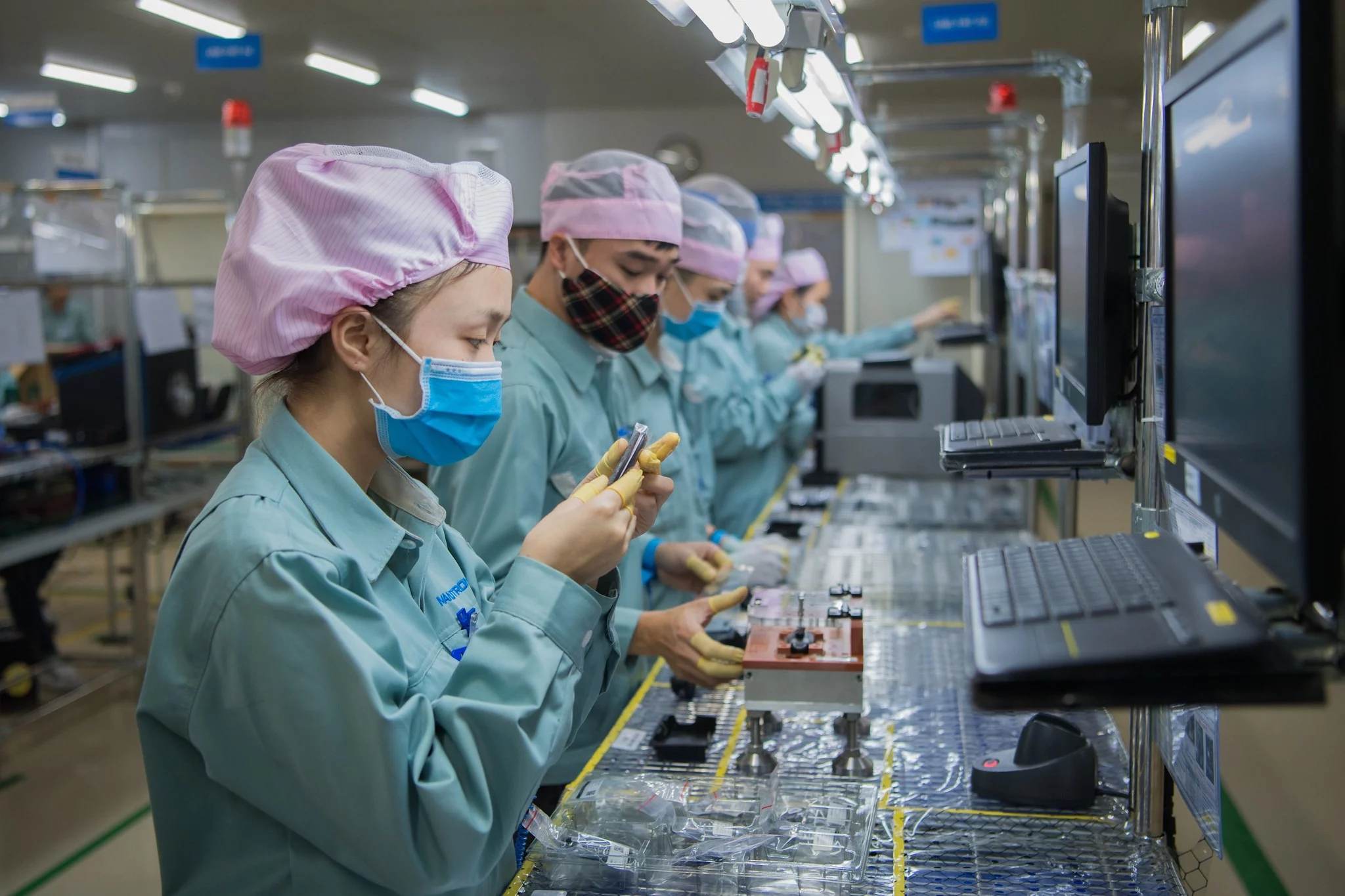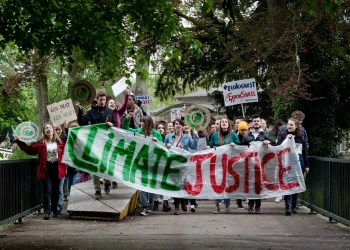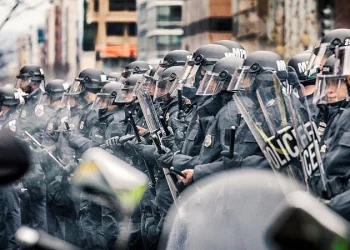In China, companies are fighting off a coronavirus wave that’s putting an end to industrial productivity and threatening the closure of factory production lines.
The ease in policies indicates a mutated strain of the Omicron variant of the virus has burst out of control, infecting close to half of Beijing’s population.
The surge in cases caught everyone by surprise. The government had asked large state-owned enterprises, including China Resources and Sinopharm, to increase the production of fever medication.
When the patients started to clear pharmacies, companies raced to meet the demand.
Many office workers are able to work from home, which has made it easier for them to maintain a healthy work-life balance.
Because of increased cases of sickness on the factory floor, this production problem is especially exacerbated in regions with expanding outbreaks.
Various factory owners say that the workforce has decreased dramatically, and most workers are calling in sick. In such a situation, many factory owners are worried about the operations of their factories.
Factory bosses have been left with no direction after the sudden surge in cases of zero-COVID. Local governments once provided strict guidelines, but those have all but vanished now that China has suddenly changed all its rules.
Factory operators are either now loosening them all for greater flexibility or reverting to isolating their workers.
The good news is that factory bosses are dropping restrictions such as PCR testing and fencing off workers from the wider population.
 Local authorities were also required to implement this type of policy in order to establish zero-COVID, but these owners are now taking care of it themselves.
Local authorities were also required to implement this type of policy in order to establish zero-COVID, but these owners are now taking care of it themselves.
Foxconn has been taking a more relaxed approach to life since the start of December, which means they’re bringing down their metal fences. There are no longer daily PCR testing mandates, and workers can come and go as they please.
With an increasingly long list of factors contributing to the workforce crisis, factory owners are looking for ways to help solve the problem.
One factor that is more pressing than ever is the rise in truckers returning positive for testing for COVID, which can affect supply chains. Under the zero-COVID regime, truckers who were issued a driver’s license were subject to strict testing.
The stricter rules helped keep sick motorists off the roads and prevented them from endangering others with their impaired driving.
Further, many experts say that the factories will face a worker shortage until February. As the outbreak has already fast-forwarded this process, the upcoming festival season will add more to it.
Millions of people will travel from coastal provinces to the poorer areas during the festive season, which will affect the supply chain even more.
China’s recent recession is stirring up hope that the period of short-term pain will, in fact, accelerate China’s opening up to foreign investment.














